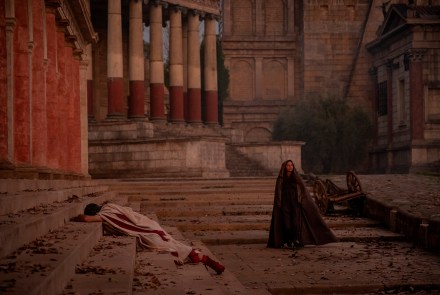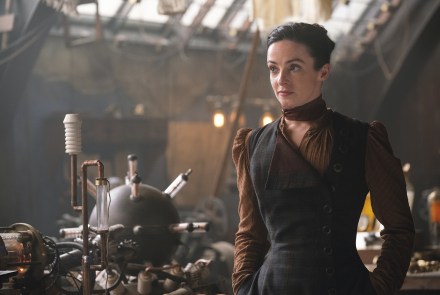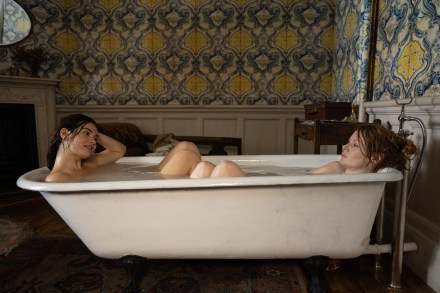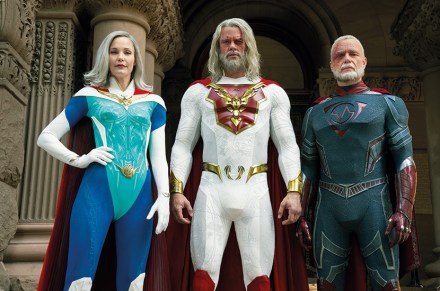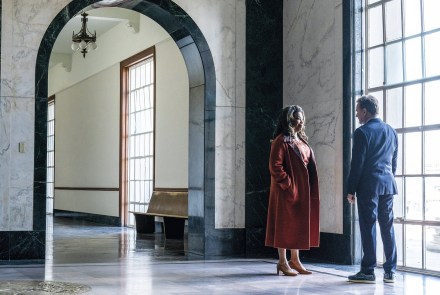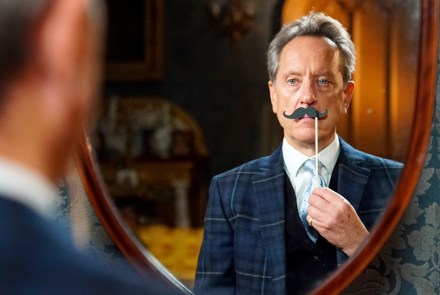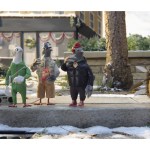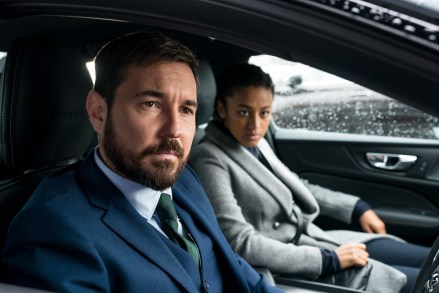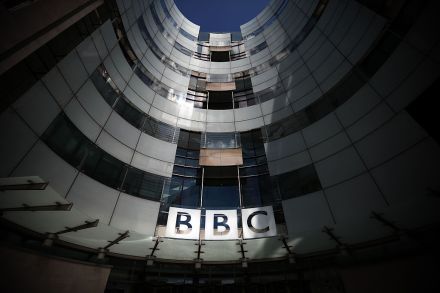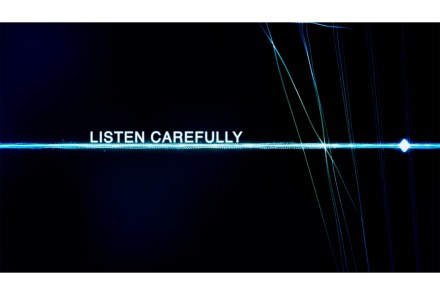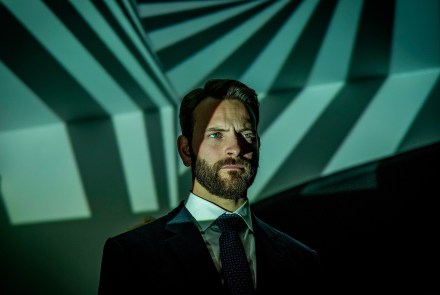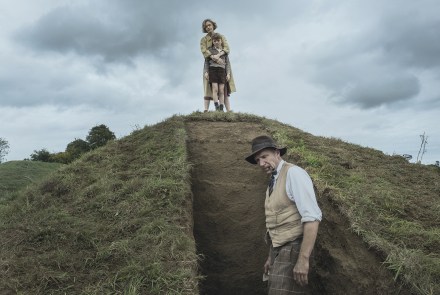First-rate TV: Clarkson’s Farm on Amazon Prime reviewed
I was at a party the other day when who should accost me but Jeremy Clarkson. There were lots more famous and interesting people in the room, including the surviving half of Wham!. But Clarkson was itching to talk to me about, of all things, a review I’d written of a BBC reality series called This Is My House. He was genuinely mystified as to why I’d given such tosh a favourable critique. Having just watched his new series, Clarkson’s Farm, I now understand his puzzlement. Since late 2019, Clarkson has been playing at being a farmer on his 1,000-acre Oxfordshire estate. And when you’re a farmer — even a






